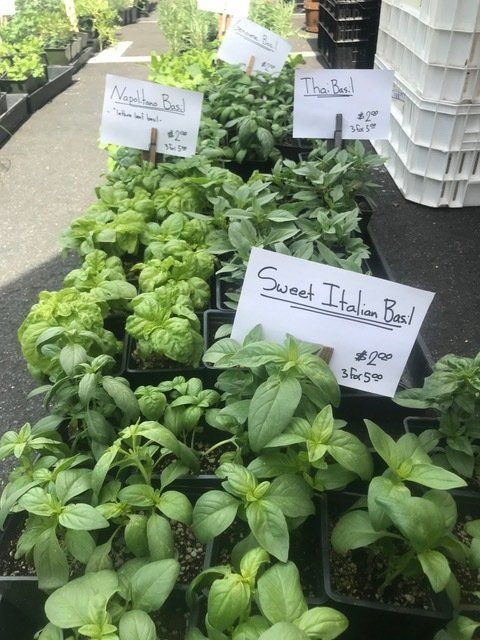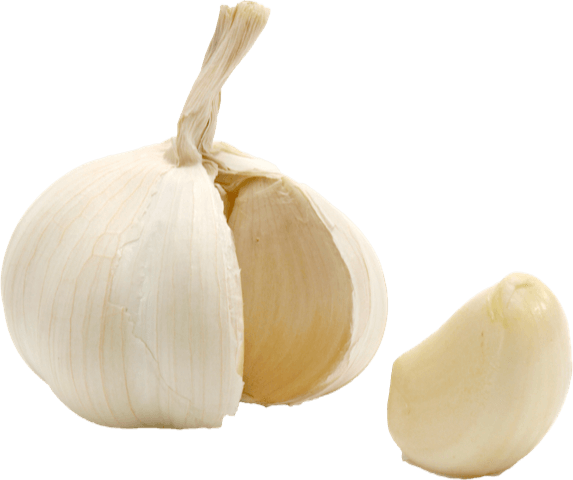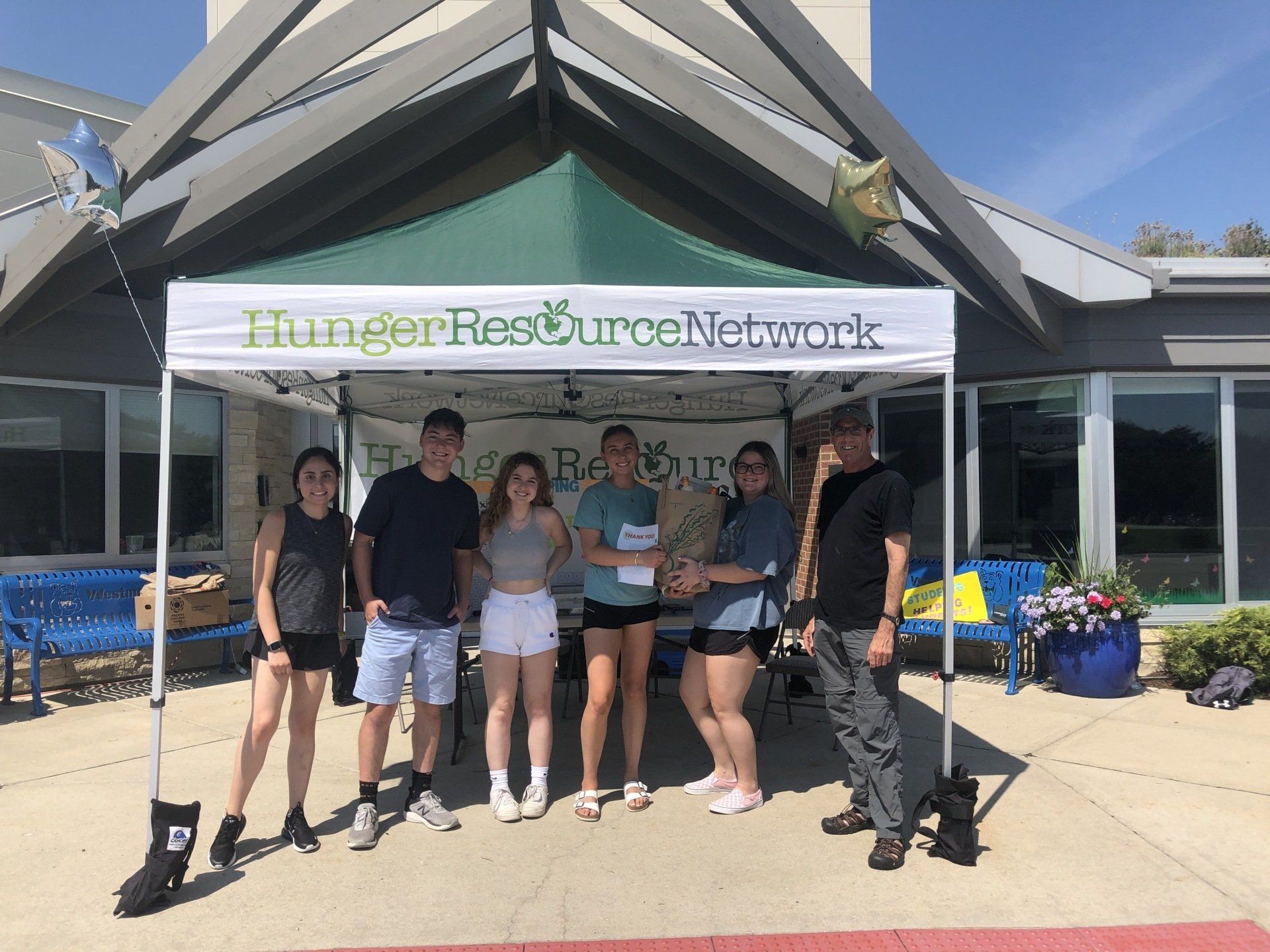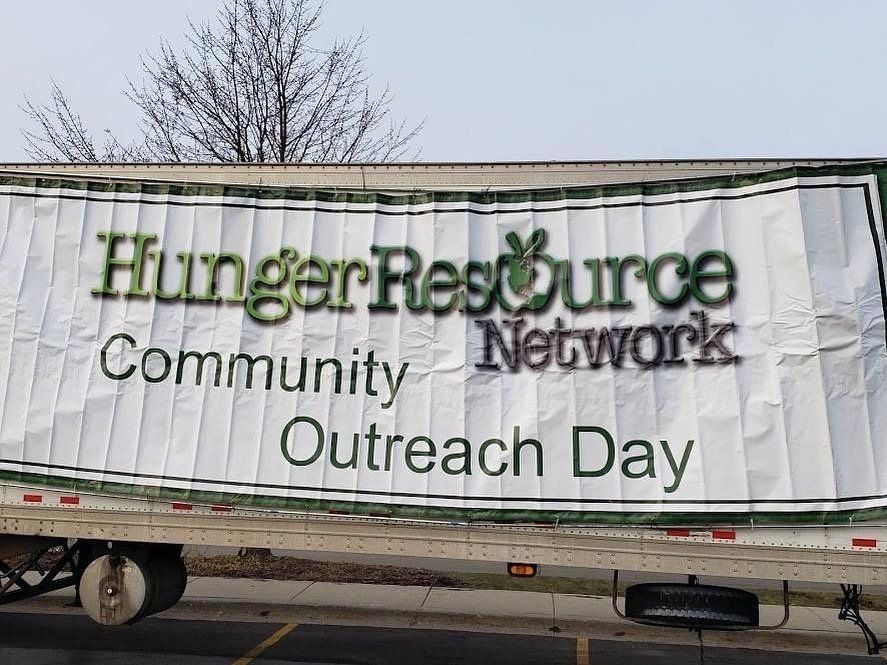Reducing Food Waste a Real Priority Today
You can help reduce this waste by freezing food to avoid spoilage.

2. Cheese
Shredded and block cheese can be frozen before it gets moldy. Block cheese lasts longer in the refrigerator, but if you prefer shredded cheese, buy it in a block and shred it yourself to save the additional cost.
3. Vegetables and fruit
Fresh or cooked, vegetables and fruit freeze well. Wash before freezing and let dry to avoid produce sticking together. Another option is to freeze individual pieces on a cookie sheet. Once frozen, place into a covered container.
4. Garlic
Before the garlic begins to sprout or soften, separate and peel the cloves. The cloves can be frozen whole or minced. If minced, freeze them in ice cube trays. Once frozen, pop them out and store in a covered container.
5. Cooked rice
Save yourself time by cooking extra rice and freezing what you don’t eat for another meal. When ready to use, add the rice to a pot with a little water, and heat.
With so many people going hungry today, reducing food waste should be a priority for everyone. If you are interested in helping ease food insecurity, or you do not have enough food for yourself or your family go to www.hungerresourcenetwork.org for more information or to make a donation.
Related Posts
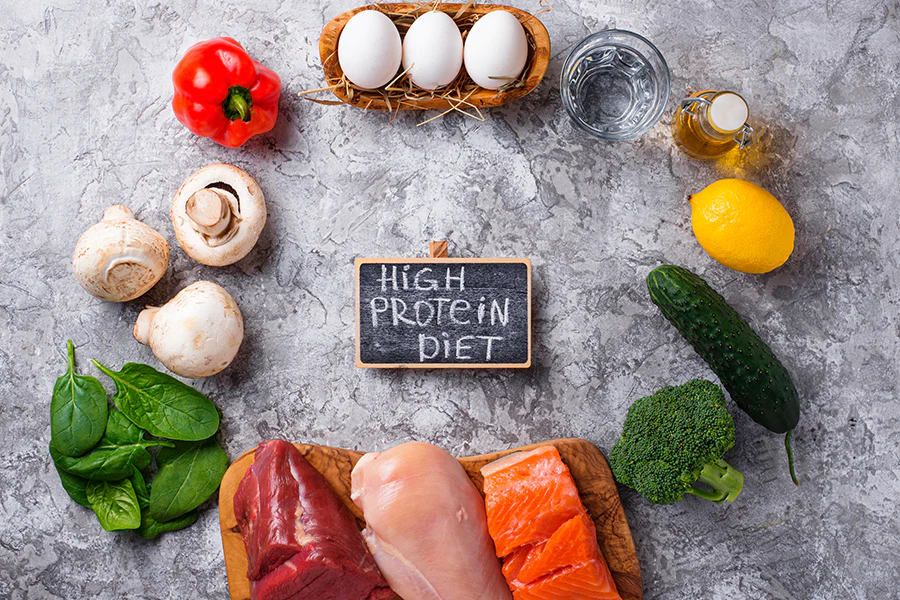
Join The Newsletter
Newsletter Subscription
We will get back to you as soon as possible.
Please try again later.
All Rights Reserved | Hunger Resource Network | Website designed by NorthShore Loyalty

